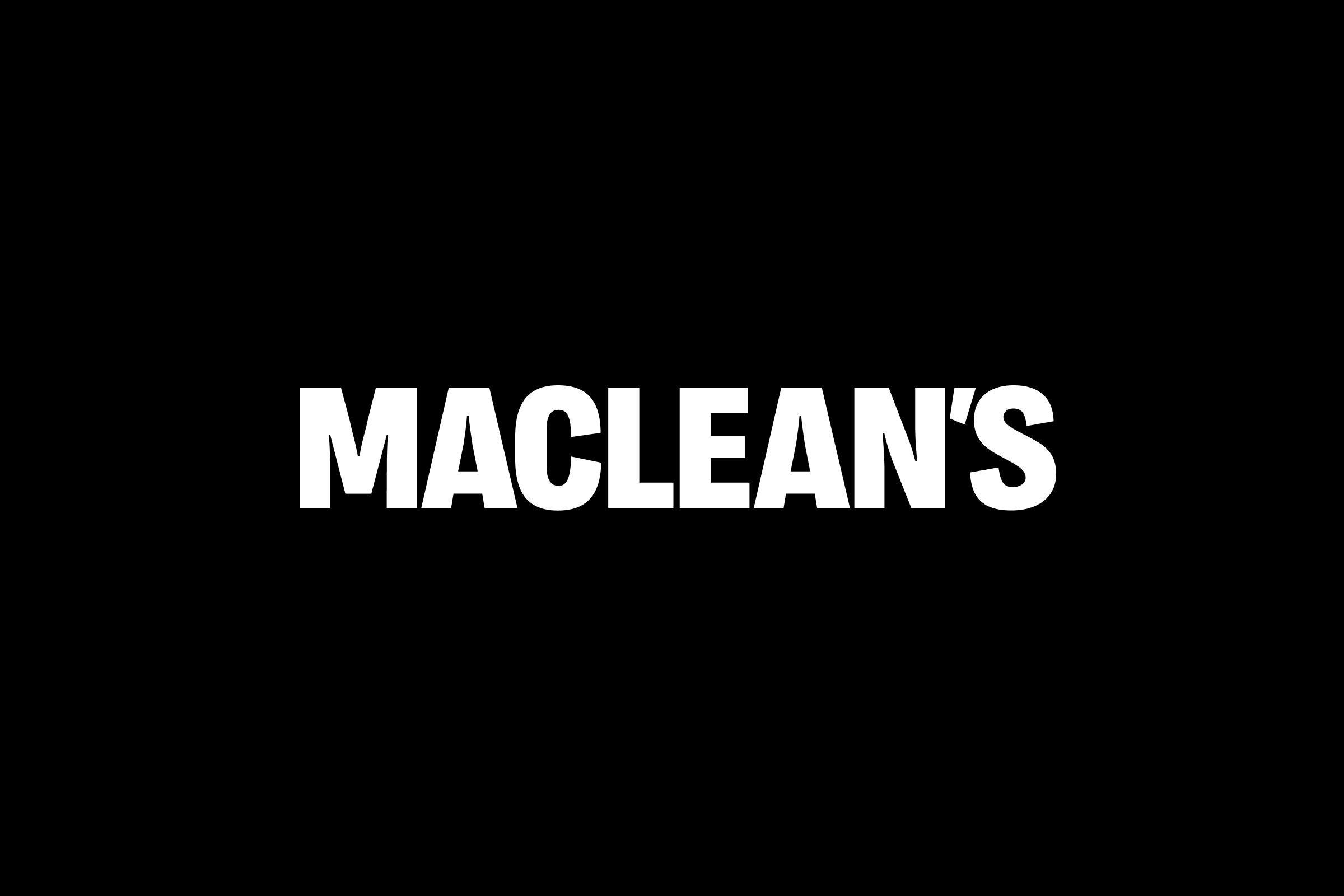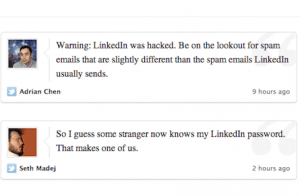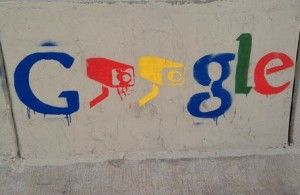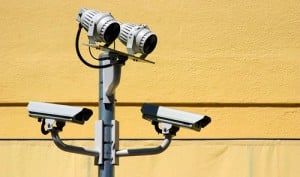hackers
Dawson College disgraces itself in defending ethical hacker’s expulsion
They should have stuck with “no comment”, writes Jesse Brown
GoDaddy hacked by Anonymous? Not likely.
How an improbable hack got some awkward media coverage
Hooligans hit Yahoo, steal passwords and compromise web service security
Gmail and Hotmail users should probably update their passwords. Hackers have managed to steal 400,000 Yahoo passwords, as well as information about users of other services like Gmail, AOL, MSN and Live sites.
Hilarious tweets on the LinkedIn hack, a selection
Why in the world would one target such a boring site? Tweeters across the net give their two cents
E-pirates draft a statute on best practices
You’d never guess it, but some hackers care about quality and consensus building
Selling Google’s weaknesses to the government
French security firm Vupen is teaching law enforcement how to spy through Chrome
Hackers spy on home security cameras
TRENDnet’s SecurView cams allowed strangers to access a live feed of very private images
Online gaming funds North Korean nukes
North Korean hackers are raking in cash to fund their government’s nuclear ambitions
Hacking your house key
Anyone with the right software and a 3D printer can do it
Do hackers need to just grow up?
Aaron Crayford was a high school hacker who attacked the Pentagon’s computers, got caught by the FBI, and wasn’t allowed to touch a computer for a decade. His digital exile ended a few years ago, and now he makes a chat app called Mighty. Last week he offered some advice on TechCrunch to the new generation of hackers, those high-profile no-goodniks of Anonymous and LulzSec. His message: don’t hack ’em, join ’em. In his words:
Hacker attack
A rash of high-profile thefts reveals just how unsafe the Internet we depend on has become
What will the Sony data breach change? Probably nothing, possibly everything
Sure, we all feel uneasy about sharing sensitive data. Just not enough to stop doing it.








